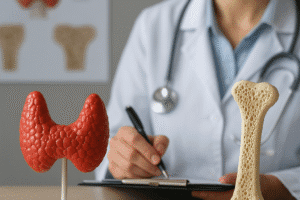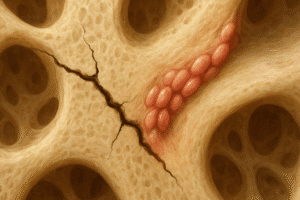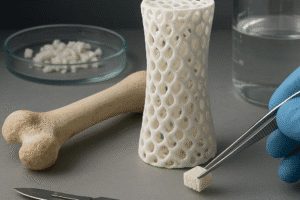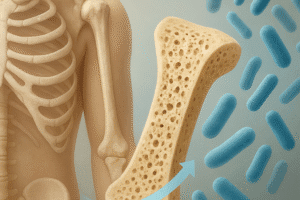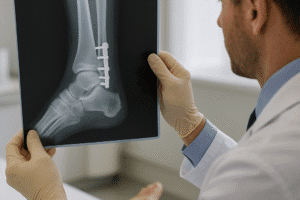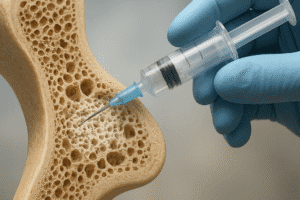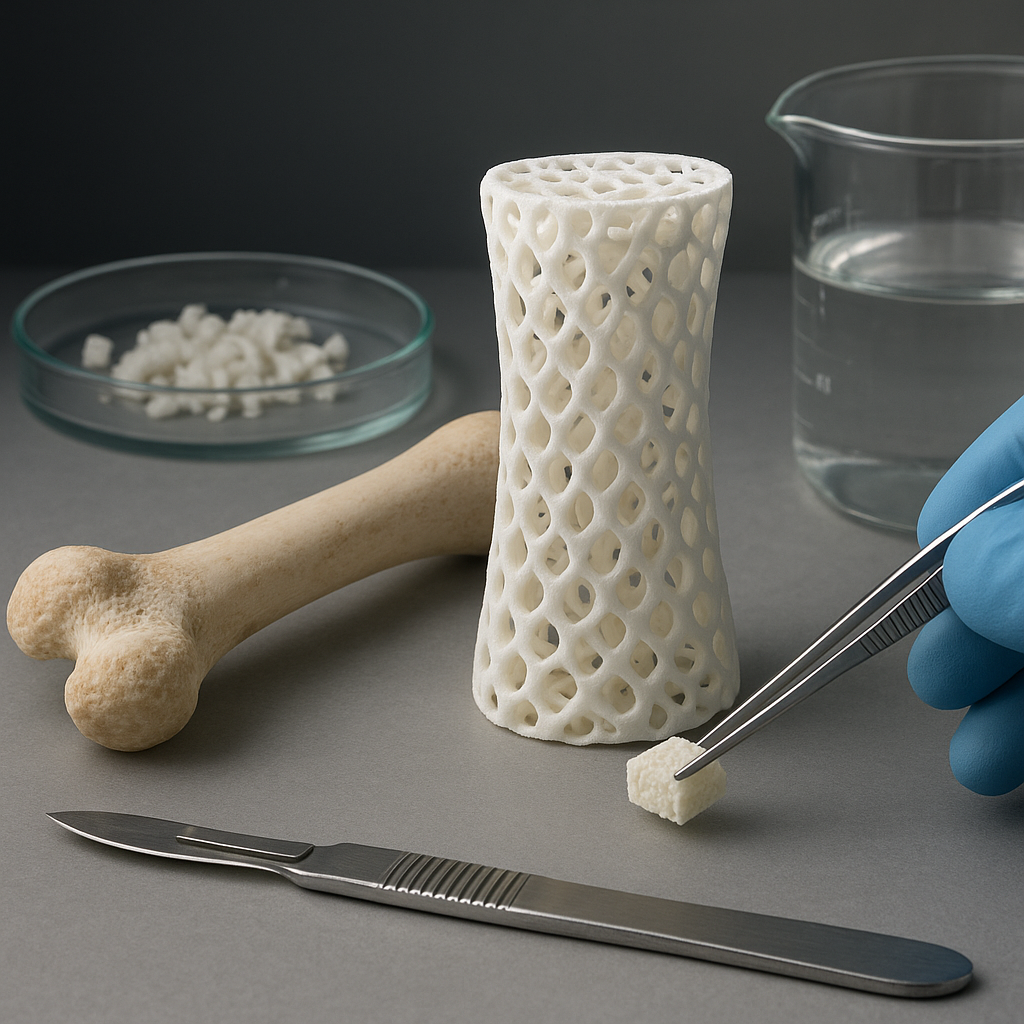Bone health in children is a crucial aspect of their overall development, influencing not only their physical growth but also their long-term health. Strong bones are essential for supporting the body, protecting vital organs, and enabling children to engage in various physical activities. This article will explore the importance of bone health in children, the factors that contribute to strong bone growth, and practical tips for parents and caregivers to foster optimal bone health in their children.
The Importance of Bone Health in Children
Bone health is particularly important during childhood and adolescence, as this is the period when bones are growing and developing at their fastest rate. The foundation laid during these years can have lasting effects on an individual’s bone density and strength throughout their life. Here are some key reasons why bone health is vital for children:
- Growth and Development: Children experience rapid growth, and their bones must keep pace with this development. Adequate bone health ensures that children can grow to their full potential.
- Physical Activity: Strong bones support physical activity, which is essential for a child’s overall health. Engaging in sports and play helps build and maintain bone density.
- Prevention of Future Health Issues: Establishing good bone health in childhood can reduce the risk of osteoporosis and fractures later in life. Children with strong bones are less likely to experience bone-related issues as they age.
- Overall Well-being: Healthy bones contribute to a child’s overall well-being, allowing them to participate fully in daily activities and enjoy a better quality of life.
Factors Influencing Bone Health
Several factors influence bone health in children, including genetics, nutrition, physical activity, and lifestyle choices. Understanding these factors can help parents and caregivers take proactive steps to promote strong bone growth.
Genetics
Genetics play a significant role in determining a child’s bone health. Children inherit traits from their parents, including bone density and structure. While genetics cannot be changed, understanding family history can help identify potential risks and encourage preventive measures.
Nutrition
Nutrition is one of the most critical factors in promoting bone health. A balanced diet rich in essential nutrients is vital for bone development. Key nutrients for bone health include:
- Calcium: Calcium is the primary mineral found in bones. Children need adequate calcium intake to support bone growth. Dairy products, leafy greens, and fortified foods are excellent sources of calcium.
- Vitamin D: Vitamin D helps the body absorb calcium effectively. Sunlight exposure is a natural source of vitamin D, but it can also be obtained from fortified foods and supplements.
- Protein: Protein is essential for overall growth and development, including bone health. Lean meats, fish, eggs, beans, and nuts are good sources of protein.
- Other Nutrients: Magnesium, phosphorus, and vitamin K also play roles in bone health. A varied diet that includes fruits, vegetables, whole grains, and healthy fats can help ensure children receive these nutrients.
Physical Activity
Regular physical activity is crucial for building and maintaining strong bones. Weight-bearing exercises, such as running, jumping, and playing sports, stimulate bone growth and increase bone density. Here are some tips to encourage physical activity in children:
- Make it Fun: Choose activities that your child enjoys, whether it’s dancing, swimming, or playing soccer. The more fun they have, the more likely they are to stay active.
- Limit Screen Time: Encourage children to spend less time in front of screens and more time engaging in physical activities. Set limits on screen time and promote outdoor play.
- Be a Role Model: Children are more likely to be active if they see their parents and caregivers participating in physical activities. Join them in sports or outdoor games to foster a love for movement.
- Encourage Team Sports: Team sports not only promote physical activity but also teach valuable social skills and teamwork. Consider enrolling your child in local sports teams or clubs.
Practical Tips for Fostering Strong Bone Growth
To ensure that children develop strong bones, parents and caregivers can implement several practical strategies. These tips focus on nutrition, physical activity, and lifestyle choices that promote bone health.
Nutrition Strategies
- Incorporate Calcium-Rich Foods: Include dairy products like milk, yogurt, and cheese in your child’s diet. For lactose-intolerant children, consider fortified plant-based alternatives.
- Ensure Adequate Vitamin D: Encourage outdoor play to increase sun exposure, which helps the body produce vitamin D. If necessary, consult a healthcare provider about vitamin D supplements.
- Promote a Balanced Diet: Offer a variety of foods from all food groups to ensure children receive essential nutrients. Involve them in meal planning and preparation to encourage healthy eating habits.
- Limit Sugary and Processed Foods: Reduce the intake of sugary snacks and beverages, as they can displace healthier options and contribute to poor nutrition.
Encouraging Physical Activity
- Set a Routine: Establish a daily routine that includes time for physical activity. Whether it’s a family walk after dinner or weekend sports, consistency is key.
- Explore Different Activities: Introduce your child to various physical activities to find what they enjoy most. This could include martial arts, gymnastics, or hiking.
- Encourage Active Play: Provide opportunities for unstructured playtime where children can run, jump, and explore. Parks and playgrounds are great places for active play.
- Limit Sedentary Activities: Set limits on sedentary activities, such as video games and television. Encourage breaks for physical activity during long periods of sitting.
Promoting Healthy Lifestyle Choices
- Encourage Hydration: Ensure that children drink plenty of water, especially during physical activities. Proper hydration supports overall health and performance.
- Teach Healthy Habits: Educate children about the importance of bone health and how their choices impact their bodies. Encourage them to take responsibility for their health.
- Regular Check-ups: Schedule regular check-ups with a healthcare provider to monitor your child’s growth and bone health. Discuss any concerns regarding nutrition or physical activity.
- Foster a Positive Body Image: Encourage children to appreciate their bodies and focus on health rather than appearance. A positive body image can motivate them to make healthy choices.
Conclusion
Bone health in children is a vital component of their overall well-being and development. By understanding the importance of nutrition, physical activity, and healthy lifestyle choices, parents and caregivers can take proactive steps to foster strong bone growth. Establishing good habits early in life can lead to a lifetime of healthy bones, reducing the risk of future health issues and promoting an active, fulfilling lifestyle. With the right support and encouragement, children can develop the strong bones they need to thrive.
